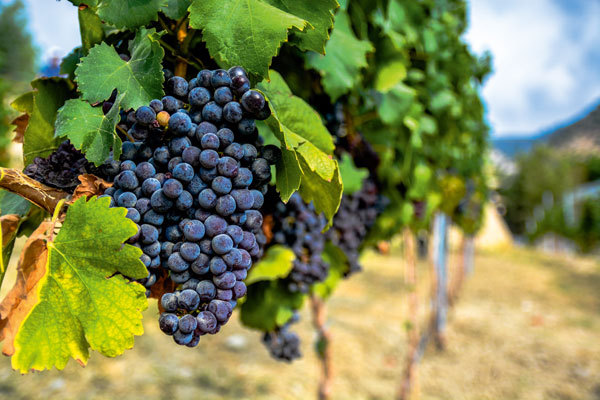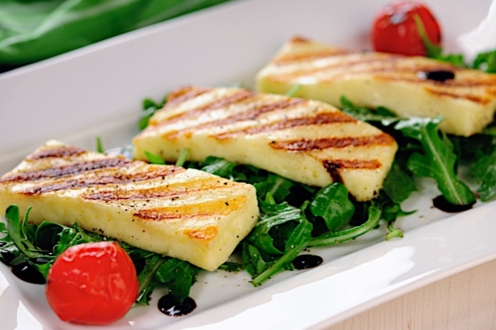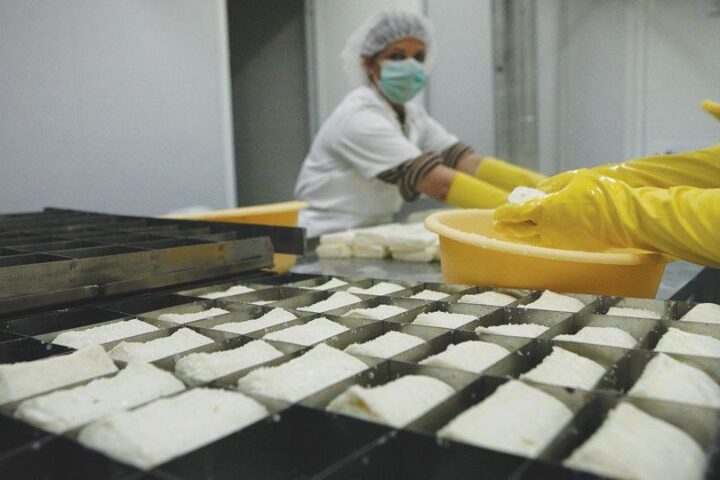In business since antiquity, boasting some of the world’s oldest grape varieties, Cyprus wineries need to improve their product to win back Cypriot preferences for cheaper imported wines.
Talking to the Financial Mirror, seasoned wine expert Florentia Kythreotou argued Cyprus wines are the next best thing after halloumi, but their uniqueness and quality need to be marketed better.
Recent archaeological excavations revealed that wine was being produced on the island – and probably exported elsewhere in the Mediterranean – as long ago as 3,000BC.
“Cyprus wine industry has much developed over the last few decades, with vineyards upgrading and hiring talent to perfect their products to meet consumer demand and better compete in this tough sector,” said Kythreotou.
She said wineries had been struggling to penetrate big overseas markets, mainly because of the small size of Cyprus’ vineyards, noting that local wineries have difficulties in covering local demand.
“However, recent efforts by wineries to upgrade their products has led Cyprus wines to successfully reposition themselves as more premium wines in response to local and international market trends.”
She explained that Cyprus wineries want to be recognised as producers and exporters of smaller quantities of a high-quality product for the discerning local and international consumer.
“Today’s wine lovers are on the lookout for authentic tastes, turning towards more traditional wines.”
The vineyards of Cyprus are among the very few in the world not affected by the vine louse, known as phylloxera, a disease that plagued Europe’s vineyards at the beginning of the 20th century.
Having escaped phylloxera, Cyprus wines retain their classic organoleptic characteristics and the potential for long life.
“Cyprus can boast it has some of the oldest vineyards, which is a great selling point when it comes to premium wines.”
Cyprus has registered its traditional Commandaria, perhaps the oldest in the world, as a Product of Origin with the EU.
“Commandaria is perhaps the oldest wine in the world. In fact, no one knows how old this sweet red wine is.
“Its fame and tradition goes as far back as the history of the island; it was described as one of the three major sources of wealth: Wine – Copper – Timber,” said Kythreotou.
“Cyprus has not made the most of its unique product. Authorities and stakeholders need to pull together and draft a national strategic plan to put Cyprus wines on the map”.
There are approximately 15 indigenous grape varieties, of which the most largely cultivated are Xynisteri, Mavro, Ofthalmo, Maratheftiko or Vamvakada.
Although most of the wine-grapes grown on the island are indigenous varietals, approximately 60 imported varieties enrich Cyprus vineyards.
Chardonnay, Riesling, Semillon, and Sauvignon Blanc constitute the international team of white wines grown in Cyprus, produced in small quantities and have an essentially Cypriot characteristic.










